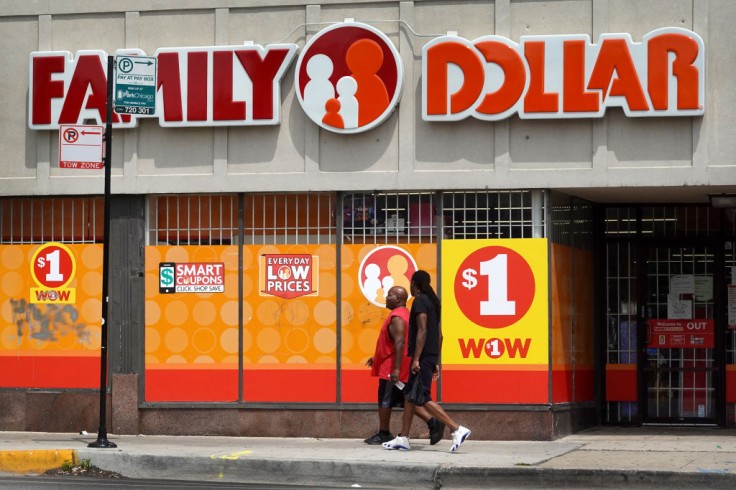
According to an analysis from the Federal Reserve Bank of New York, higher prices for food, gas, and housing are hitting Americans throughout the United States, but Blacks and Latinos are affected more by the current spike in inflation compared to the overall population.
The growing cost of living has made it particularly difficult for 48-year-old Cynthia Fabian to get back on her feet after she lost her job at a major retailer at the beginning of the COVID pandemic. The Miami native lost her home and then exhausted her savings paying for a motel room.
She eventually turned to a shelter and has been working odd jobs to make ends meet. Unfortunately for Fabian, high inflation, including soaring rents, has made it impossible for her to move to her own apartment, given that she only has a $1,500 budget to work with.
Blacks and Latinos have struggled during the COVID pandemic
The greater impact on Blacks and Latinos stands in contrast to the period from 2019 to May 2020 when both of those groups experienced lower inflation than the overall average. Researchers found that Latinos and Blacks spend larger shares of their budgets on goods that have been hit the hardest by inflation, particularly housing and transportation. In contrast, a smaller part of their budget is spent on items that have seen relatively little inflation, like entertainment, education, and health care.
Rents have skyrocketed in the city of Miami and together with gas and food prices, the cost of living has now become unaffordable for some. According to Camillus House, an organization that aids those people at risk of losing their homes, they have received an uptick in calls in recent months.
The organization said the high demand for their services has been taxing and has stretched their resources. Camillus House CEO Hilda Fernández told NBC News that the situation has been challenging, both for the clients who live in their emergency housing programs, or their temporary programs, and for families that are calling them for assistance because they are on the verge of homelessness.
Read Also: Daughter Describes Parents as Cancer Warriors as They Fight Their Respective Deadly Disease Together
Camillus House says situation has been challenging for them
She added that there has been no option but to be creative in their approach. Fernandez revealed they have used federal funds to give incentives to landlords to rent to their clients. They are also encouraging roommate relationships so renters can share the costs.
According to the Center on Budget and Policy Priorities, a nonpartisan research and policy institute, Latino and Black renters across the United States were more likely to report that their household was not caught up on rent during the COVID pandemic. It has had a disproportionate effect on Black and Latino workers, and inflation is now making it tough for them to catch up.
Consumers paid significantly more in June for goods when prices shot up 9.1 percent from a year ago, the biggest 12-month jump since 1981. Although fuel prices fell in July, it is still unknown if that trend will continue as shipping shortages, Russia's invasion of Ukraine, and factory shutdowns have disrupted gas and food supplies.
